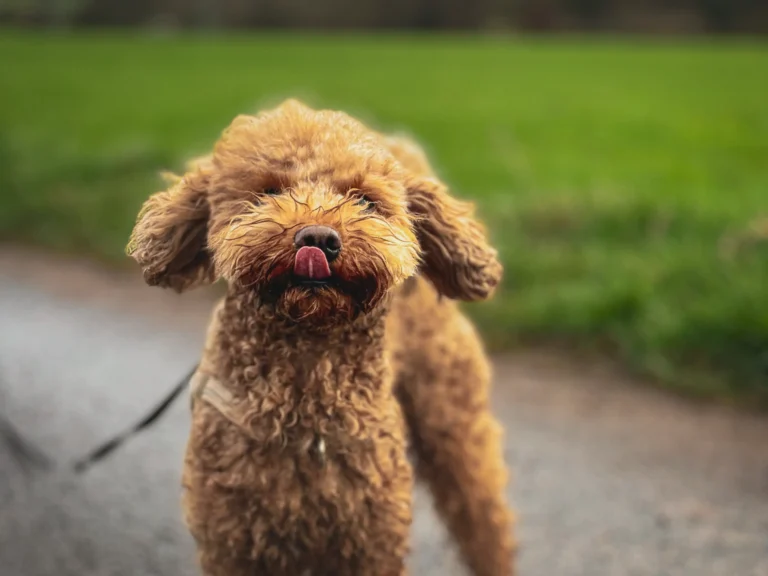Can Dogs Eat Cherries?
No, cherries are generally not recommended for dogs and should be offered with extreme caution, if at all. While the fleshy part of cherries contains some vitamins A and C and antioxidants, the risks typically outweigh the benefits for dogs.

How to Feed Cherries to Dogs (If Choosing To)
If you still want to offer cherries, follow these strict guidelines:
- ALWAYS remove pits, stems, and leaves completely – these contain cyanide compounds toxic to dogs
- Feed only small amounts of fresh cherry flesh
- Wash thoroughly to remove pesticides and chemicals
- Cut into small pieces to prevent choking
- Never feed canned or maraschino cherries due to high sugar content
Warnings and Considerations
- Cherry pits, stems, and leaves contain cyanide which is toxic to dogs
- Pits present a serious choking hazard
- Pits can cause intestinal blockages requiring emergency surgery
- Even small amounts of pits or stems can cause:
- Dilated pupils
- Difficulty breathing
- Red gums
- Shock
- Signs of cyanide poisoning include:
- Labored breathing
- Bright red gums
- Dilated pupils
- Shock

Portion Guidelines
Due to the risks, it’s best to avoid cherries entirely. If you do offer them:
- Maximum 1-2 pitted cherries for small dogs
- Maximum 2-3 pitted cherries for larger dogs
- No more than once a week, if at all
Special Considerations
- Diabetic dogs should never consume cherries due to sugar content
- Dogs with sensitive digestive systems may experience diarrhea
- Safer alternatives include blueberries, strawberries, and raspberries which offer similar nutritional benefits with fewer risks
- Contact your veterinarian immediately if your dog consumes whole cherries with pits
Good to know: If your dog has accidentally consumed whole cherries with pits, monitor closely for signs of distress including vomiting, decreased appetite, constipation, or decreased fecal production. These could indicate an intestinal blockage. In case of suspected cyanide poisoning (difficulty breathing, bright red gums, dilated pupils), this is a medical emergency requiring immediate veterinary attention.







